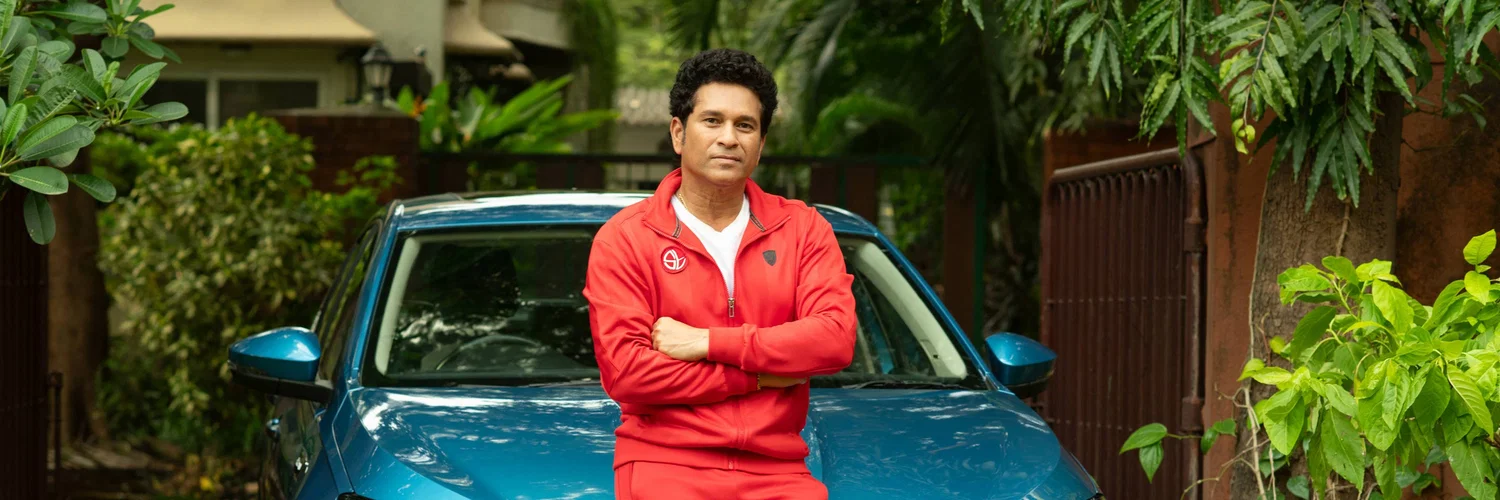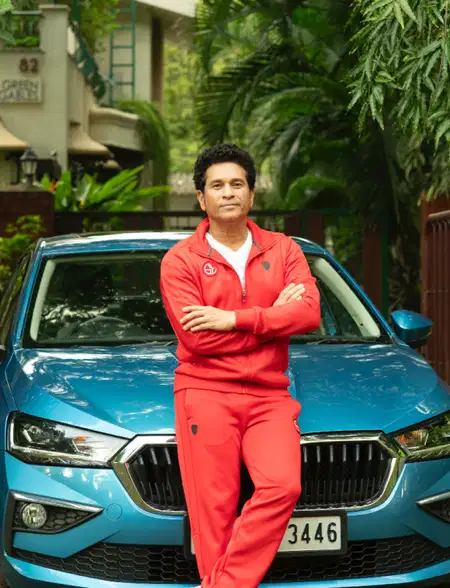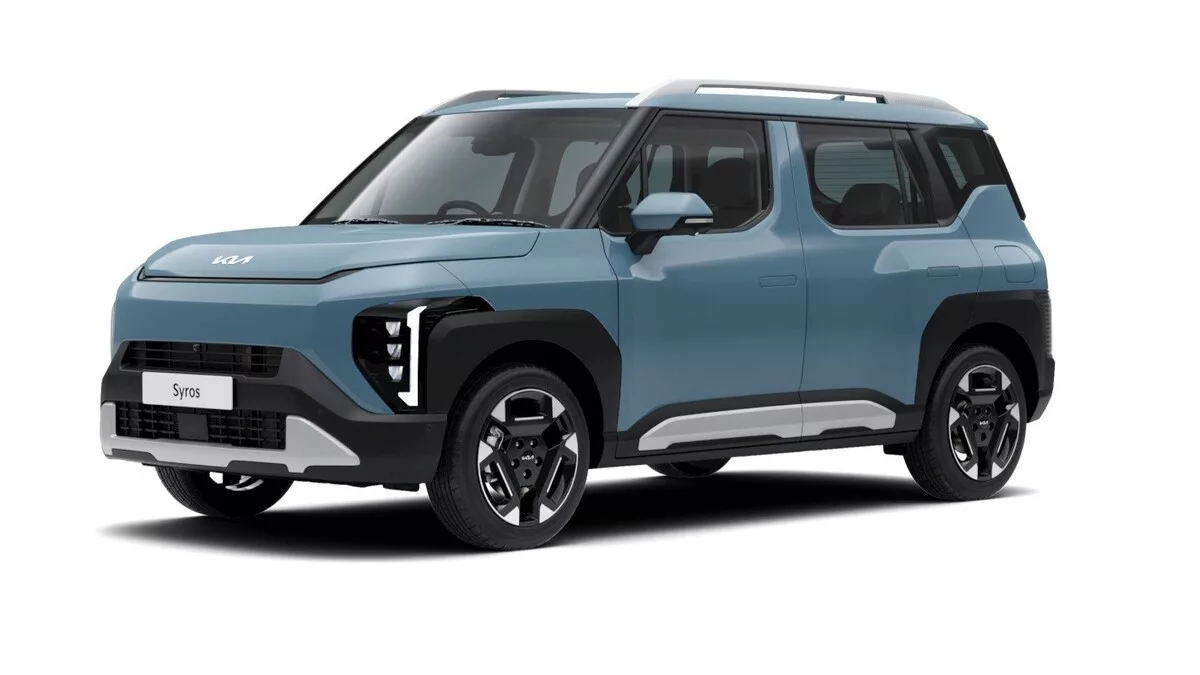The Nissan Magnite and the Tata Punch have both redefined sales success for their respective makers. A big reason for this is their fabulous VFM (value-for-money) quotient when you consider the various features, powertrains, trims, and overall safety on offer. While good cars at attractive price points are always good news for the car market, it can make your buying decision a tad difficult. If that sounds relatable in the case of the Nissan Magnite vs Tata Punch, we compare the two cars across a variety of parameters to help you decide which compact SUV suits you better.
Also Read – Maruti Fronx vs Maruti Brezza
Table of Contents
- Nissan Magnite vs Tata Punch: Dimensions
- Nissan Magnite vs Tata Punch: Engine & Transmission
- Nissan Magnite vs Tata Punch: Features & Comfort
- Nissan Magnite vs Tata Punch: Safety Features
- Nissan Magnite vs Tata Punch: Price
- Nissan Magnite vs Tata Punch: Summary
- FAQs on Nissan Magnite vs Tata Punch
Nissan Magnite vs Tata Punch: Dimensions
Nissan Magnite | Tata Punch | |
Length | 3994 mm | 3827 mm |
Width | 1758 mm | 1742 mm |
Height | 1572 mm | 1615 mm |
Wheelbase | 2500 mm | 2445 mm |
Ground Clearance | 205 mm | 187 mm |
Boot Space | 336 litres | 366 litres |
Though both straddle a similar price point, the Magnite has a stronger claim to the compact SUV throne owing to its greater length, width, wheelbase, and ground clearance as compared to the Punch. However, the Punch turns the tables on two important factors, height and boot space. At 1615mm, the Punch is comfortably taller than the Magnite (and even its elder sibling, the Nexon), making for greater headroom. Coupled with a ground clearance of 187mm, which is by no means bad, you’ll find it easier to enter and exit the Punch when compared to the Magnite. The Tata offering also wins the boot space stakes with an additional 30 litres of storage over the Magnite’s boot.
However, there are some caveats you should be aware of. Those extra 30 litres of boot space on the Punch equate to roughly a mid-sized backpack worth of storage. Similarly, the Magnite’s greater width and wheelbase would still make it a squeeze to seat 3 people at the rear. Similarly, the additional 18mm of ground clearance the Magnite enjoys would rarely be called upon in most situations.
Also Read – Maruti Fronx vs Renault Kiger
Given these real-world implications, we’d say the Magnite and the Punch are neck and neck when it comes to seating 4 people in comfort. However, the Punch’s overall smaller dimensions make it a better city car.
Nissan Magnite vs Tata Punch: Engine & Transmission
Nissan Magnite | Tata Punch | |
Engines | 1.0-litre petrol (72PS & 96 Nm) | 1.2-litre petrol (86 PS & 113 Nm) |
1.0-litre turbo petrol (100 PS & 160 Nm) | ||
Transmissions | 5-speed manual | 5-speed manual |
CVT | 5-speed AMT | |
Mileage | 18.7 kmpl (manual) | 18.9 kmpl (manual) |
20 kmpl (turbo manual) | 18.8 kmpl (AMT) | |
17.7 kmpl (turbo CVT) |
Nissan offers the Magnite with two engine options, a 1.0-litre petrol engine (72PS & 96 Nm) and a turbocharged variant of the same engine (100 PS & 160 Nm). Both engines are available with a 5-speed manual transmission with the turbo variant getting an additional CVT option. Unlike the Magnite, the Tata Punch gets just one engine, a 1.2-litre petrol (86 PS & 113 Nm) unit that is mated to either a 5-speed manual or 5-speed AMT transmission.
As both cars sport a 3-cylinder engine, neither has an inherent advantage over the other in terms of refinement. However, if it’s performance that you seek, the turbo Magnite is a no-brainer among the two. If you’re more of a city slicker, the Punch might make more sense as it slots between the Magnite’s two engine options in terms of output, with the additional power being useful on the occasional highway drive.
Also Read – Jeep Meridian vs Innova Hycross
In terms of mileage, the manual and automatic variants of both cars are in the same ballpark, though the Magnite’s CVT will likely offer a smoother driving experience vis-à-vis the Punch’s AMT gearbox.
Nissan Magnite vs Tata Punch: Features & Comfort
Nissan Magnite | Tata Punch | |
Infotainment system | 8-inch touchscreen | 7-inch touchscreen |
Music system | Up to 6 (4 speakers & 2 tweeters) | Up to 6 (4 speakers & 2 tweeters) |
Climate control | Yes | Yes |
Ventilated seats | No | No |
Adjustable steering | Yes (Tilt) | Yes (Tilt) |
Drive modes | Low, Sport (CVT) | Eco, City (manual, AMT), Traction Pro (AMT) |
Instrument cluster | Digital | Analogue - Digital |
Sunroof | No | No |
Adjustable seats | Manual | Manual |
Rear AC vents | Yes | No |
60:40 rear seat split | Yes | No |
Cruise control | Yes | Yes |
The Magnite and the Punch match a step when it comes to important creature comforts too, well almost. That’s because the Magnite scores two important wins over the Punch. It offers rear AC vents as well as a 60:40 split rear seat. While the former would make the Magnite more comfortable for rear-seat passengers, the latter could prove a boon when you want to stow away some additional luggage.
But if you’re going to be driving with a full load of passengers or luggage only rarely, there’s very little to separate the two cars in terms of features. That said, thanks to the presence of driving modes on the Punch’s manual variant, it’ll likely offer incrementally better driveability and fuel efficiency than the equivalent Magnite variant.
Also Read – Brezza vs Vitara Brezza
For the automatics, both manufacturers have added unique drive modes to deal with different situations. On the Magnite, the CVT offers an ‘L’ or Low mode (apart from the Sport mode) that maximises the available torque when you hit steep gradients or have a packed car.
On the Punch, the AMT comes with a ‘Traction Pro’ mode that senses when the front tyres are losing traction (say, due to slush) and prompts you to activate it to help get out of the situation.
Nissan Magnite vs Tata Punch: Safety Features
Nissan Magnite | Tata Punch | |
GNCAP Safety Rating | 4-star G-NCAP | 5-star G-NCAP |
Airbags | 2 | 2 |
ABS with EBD | Yes | Yes |
ESC | Yes | No |
Traction control | Yes | Yes |
Automatic headlamps | No | Yes |
Rain-sensing wipers | No | Yes |
Hill hold assist | Yes | No |
Hill descent control | No | No |
Rear parking sensors | Yes | Yes |
Rear parking camera | Yes | Yes |
ISOFIX child seat anchor points | Yes | Yes |
ADAS | No | No |
Safety is one area where the Tata Punch emerges clearly ahead of the Nissan Magnite. While both cars get the mandatory dual airbags along with rear parking sensors, ABS with EBD, traction control, and ISOFIX child seat anchor points, the Punch offers a safer body structure as it scored a full 5 stars for adult safety in the crash tests conducted by Global NCAP. While very good in terms of safety, the Magnite can’t quite match up to the Punch with its 4-star Global NCAP crash test rating. Further burnishing the Punch’s safety credentials are features such as automatic headlamps and rain-sensing wipers. If it’s the safer car that you desire, the Tata Punch has the upper hand.
Also Read – Volkswagen Virtus vs Honda City
Nissan Magnite vs Tata Punch: Price
Nissan Magnite | Tata Punch | |
Base (ex-showroom) | Rs. 5.97 lakh | Rs. 5.92 lakh |
Mid (ex-showroom) | Rs. 6.85 – 7.86 lakh | Rs. 6.24 – 7.29 lakh |
Upper-mid (ex-showroom) | Rs. 8.09 – 9.90 lakh | Rs. 7.49 – 8.62 lakh |
Top (ex-showroom) | Rs. 9.99 – 10.53 lakh | Rs. 8.71 – 9.48 lakh |
Used car prices (starting) | Rs. 6.41 lakh | Rs. 7.14 lakh |
Strictly speaking, the Magnite vs Punch battle is a clash of different segments. But it’s their great pricing and feature list that compel buyers to directly compare them. Moreover, both cars are available in a variety of trims at different price points, making them affordable for a lot of buyers.
For instance, the Magnite and Punch base variants start at under Rs 6 lakh. However, the Punch does undercut the Magnite’s price significantly when you consider their respective mid, upper-mid, and top variants. In terms of the pecking order, this places the Tata offering between the mid-level hatchback segment and entry-level compact SUVs as represented by the Magnite. This means that on a like-for-like variant-based comparison, the Tata Punch does offer better value for your money.
Also Read – Kia Sonet vs Brezza
You can further sweeten the deal by scouting for good used examples of the two cars. For instance, depending upon where you live, prices for a used Nissan Magnite start at Rs 6 lakh. Similarly, prices for used Tata Punch start at around Rs 7 lakh. In effect, this means you could get a used higher variant of the two cars for the price of a new base model.
Nissan Magnite vs Tata Punch: Summary
The Nissan Magnite and the Tata Punch share a lot of similarities – SUV design, enough interior space for 5 people (though 4 are ideal), an impressive list of comfort and safety features, reliable powertrain options, and attractive pricing. The differences emerge when you get into specifics such as overall safety, city driveability and manoeuvrability, and outright performance.
The Punch is clearly the safer car and its dimensions allow you to seat 5 people while being quite city-friendly, cue tight parking spots and jammed lanes. It’s also the only car here to get riding modes which maximise engine efficiency and driving ease, especially in the city. And while its engine does lose out to the Magnite’s turbo mill in terms of absolute numbers, it’s a capable highway car with a bias for city roads.
Also Read – Jeep Compass vs MG Hector
But if the highway is where you’ll drive the most, it’s easy to recommend the Magnite turbo manual. And for slightly more frequent city duties, the turbo CVT variant should offer a more relaxed and smoother driving experience over the Punch’s AMT.
Another factor you can consider in your Tata Punch vs Nissan Magnite decision is after-sales support as Tata has a much wider sales and service footprint than Nissan.
FAQs on Nissan Magnite vs Tata Punch
Which car is best Nissan Magnite vs Tata Punch?
Both compact SUVs are evenly matched though the Tata Punch does offer more value for your money. But if you seek performance, the Nissan Magnite turbo petrol is the better option. Moreover, the Tata Punch is the safer of the two cars as it scored a full 5 stars in Global NCAP crash tests.
Which car has better mileage Nissan Magnite vs Tata Punch?
The Nissan Magnite turbo manual delivers the highest mileage among the two cars at 20 kmpl. But when it comes to the automatic variants, the Punch AMT (18.8kmpl) offers better mileage than the Magnite CVT (17.7 kmpl). Mileage for the Punch manual (18.9 kmpl) and the Magnite non-turbo manual (18.7 kmpl) variants are similar.
Is Magnite better than Punch?
The Nissan Magnite turbo variant is better than the Tata Punch on the highway. The Tata Punch is more convenient on city roads thanks to its shorter length, width and presence of driving modes. In terms of features and safety, the Tata Punch offers better value for money than the Nissan Magnite.
Does Magnite and Punch have same engine?
No. While both cars use a 3-cylinder petrol engine, the Nissan Magnite gets a 1.0-litre unit while the Tata Punch features a 1.2-litre unit. The Magnite also offers a turbocharged version of the same engine while the Punch is available only with a naturally aspirated engine.
Which car offers better performance Magnite vs Punch?
The Nissan Magnite turbo offers better performance than the Tata Punch with a 0–100 kmph time of less than 11 seconds, compared to the 16 seconds taken by the Punch. The non-turbo variant of the Magnite is closer to the Punch in terms of performance with a 0-100 kmph time of 16 seconds.





